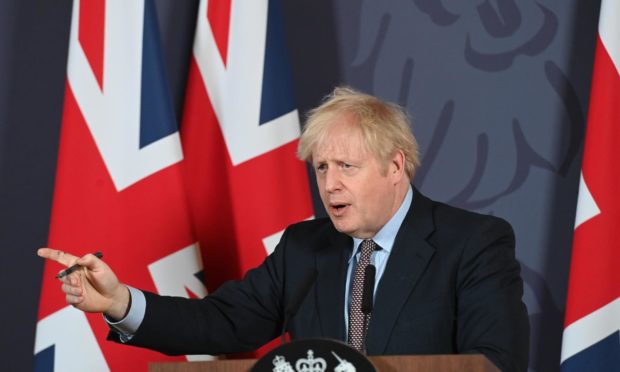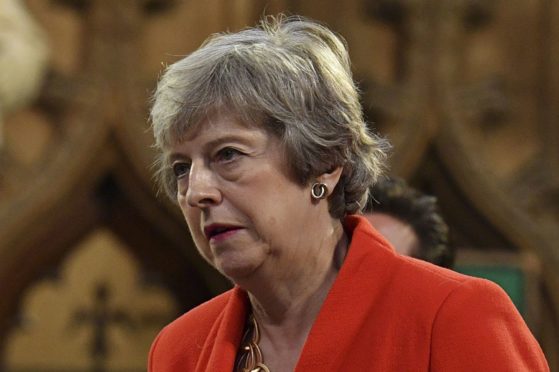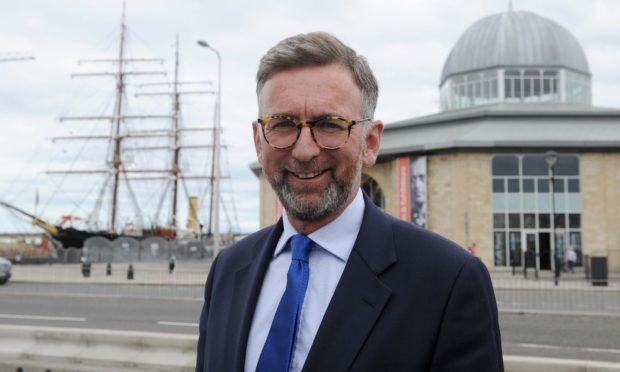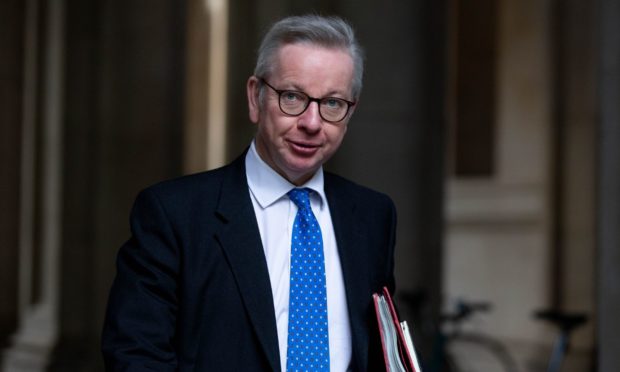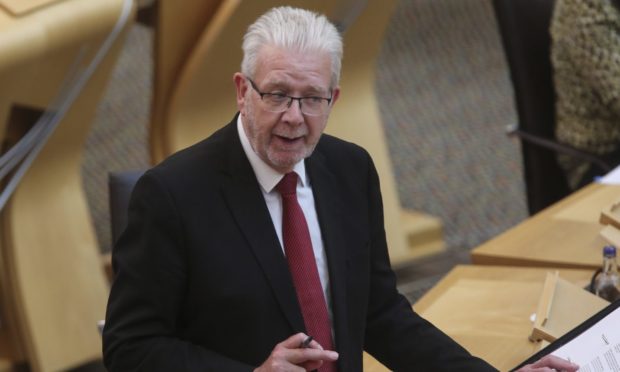Boris Johnson has been urged to appoint a “constitutional affairs” minister, move parts of Whitehall to the devolved nations and reform the system used for holding inter-governmental meetings.
The prime minister, who proclaimed himself “minister for the union” upon taking office, has been advised to appoint a “senior Cabinet minister” to oversee the “operational arm” of four-nation relations.
Whitehall policymakers should also “as a matter of urgency” be decamped from London to Scotland, Wales and Northern Ireland to ensure “policy takes into account the differences within the country”.
The recommendations are just some of the 40 contained in the Dunlop Review, which has been lying on the prime minister’s desk for more than a year.
The review, which was set up by Theresa May in July 2019, was tasked with investigating how the Union could be strengthened after MPs concluded relations had “broken down” between the UK and Scottish governments.
Spearheaded by Tory peer Andrew Dunlop, the 52-page review cost taxpayers £13,173.
Lord Dunlop said his proposals are “intended to build trust and respect between the institutions of government in the UK.”
He added: “The UK Government is the government of the whole UK and, if the relationship between the UK Government and devolved governments is to be fully mature, its role in all parts of the UK must be visible and transparent.
“If the UK Government’s activities in Scotland, Wales and Northern Ireland are not recognised publicly, democratic accountability will be lost.
“It is recommended, therefore, that spending by the UK Government in Scotland, Wales and Northern Ireland should be clearly marked with UK Government branding.”
The peer also called for a bi-annual “summit” to be held between the prime minister and leaders of the devolved nations.
He said: “Summits should provide opportunities to build trusted relationships… they could include a press conference afterwards so all attendees can hear each others’ comments on the discussion and more collegiate behaviours can be encouraged.”
Council of the Isles
Boris Johnson, addressing the liaison committee earlier on Wednesday, said he was “very much in favour” of such a suggestion.
He said: “I’m very much in favour of the Council of the Isles, for instance, where we come together, represented across the whole of the British Isles, to talk about issues that matter to us.
“On the other hand, I don’t think we want to turn our deliberations into a kind of mini-EU, if I may say so.
“Obviously I need a good relationship with everybody and I’ve talked many times to (devolved leaders) Nicola (Sturgeon), Mark (Drakeford), Michelle (O’Neill) and Arlene (Foster) and continue to do so – that’s the way it should be.
“What I don’t think would necessarily be right is to have a sort of permanent council, as it were, of the kind that is taking place tomorrow in Brussels.
“I don’t think that is the model we are after.”
Cabinet Office minister Michael Gove, responding to the review, noted that many of the suggestions – such as a shared UK-wide prosperity fund – were already being implemented.
He said: “The UK Government is steadfast in its commitment to protect and promote the hundreds of years of shared history, beliefs and interests embodied in our Union – the most successful political and economic partnership the world has seen.
“Our response to the coronavirus pandemic has highlighted the importance of the broad shoulders of the UK Government in supporting the whole country. It has shown we are at our strongest when we come together as one United Kingdom.
He added: “For our family of nations to thrive – for the Union of the UK to prosper – the UK Government will continue to work smarter for people in every part of the country, building back better and stronger from Covid-19 and able, outside the European Union, to target money where it is most needed.”
‘Undermining devolution’
Scottish Constitution minister Mike Russell said the review had been published “without agreement or consultation”.
He said: “This is further proof that they intend to go on undermining devolution and turning back the clock on democratic progress in these islands.
“It is difficult to see in practice the UK Government’s commitment to the principles of joint working when Scotland’s views on a reckless and damaging Brexit have been ignored, and the UK Government and Parliament now regularly legislate in devolved areas without the consent of the Scottish Parliament.
“The UK Government need to demonstrate that they are willing to truly respect, rather than weaken, the existing devolution settlement if any real progress is to be made.”
